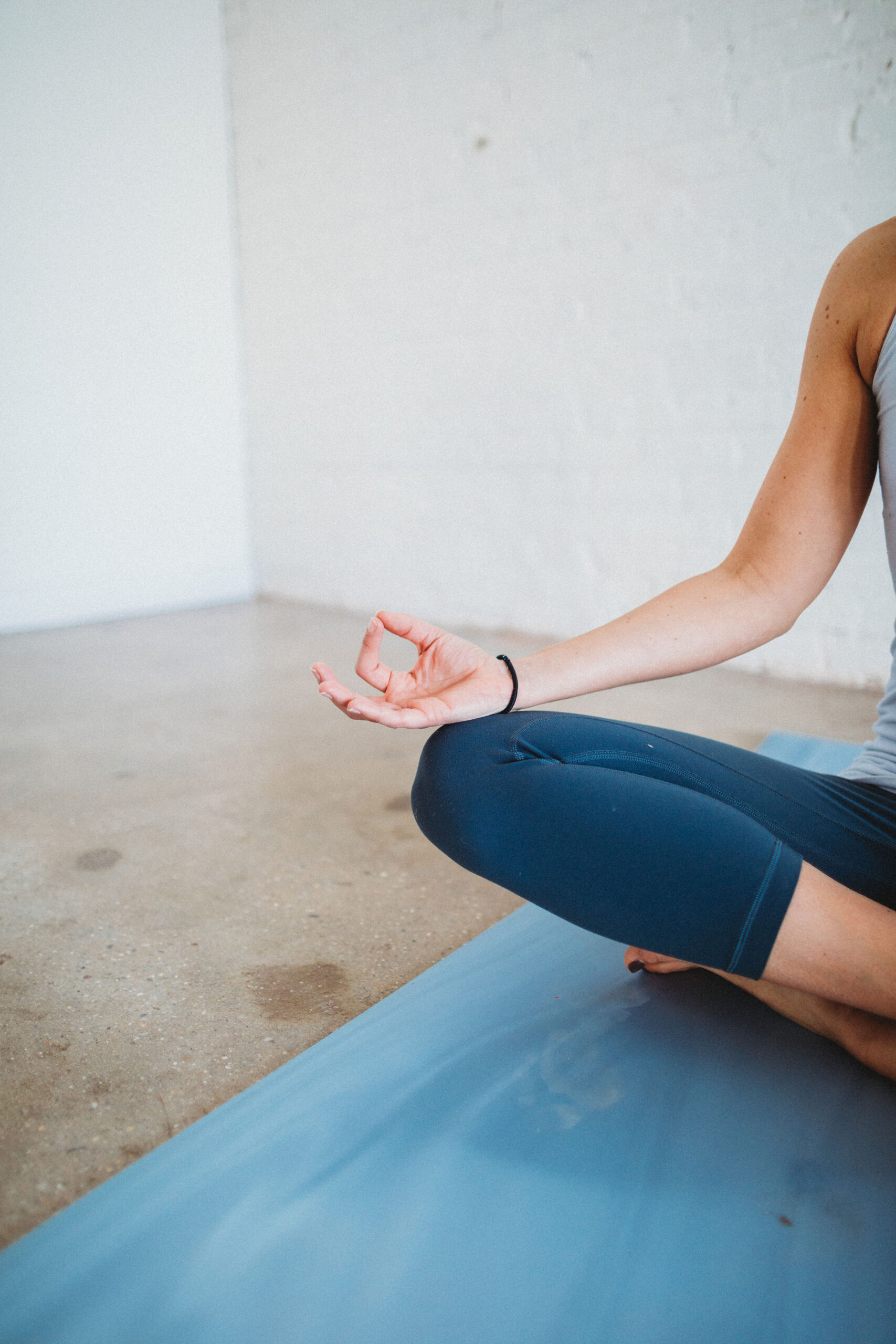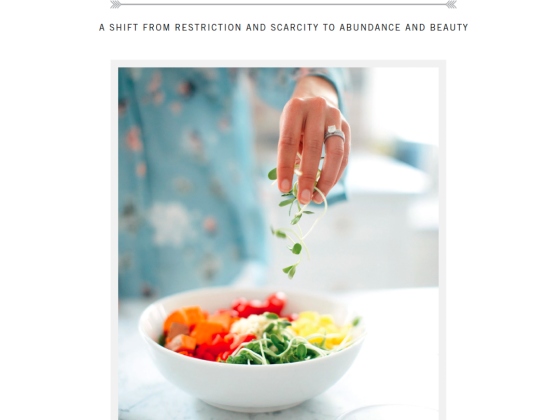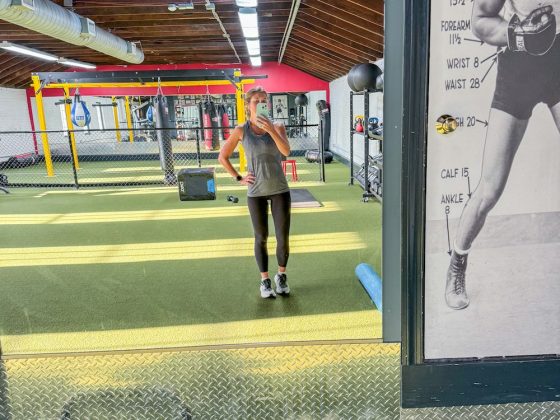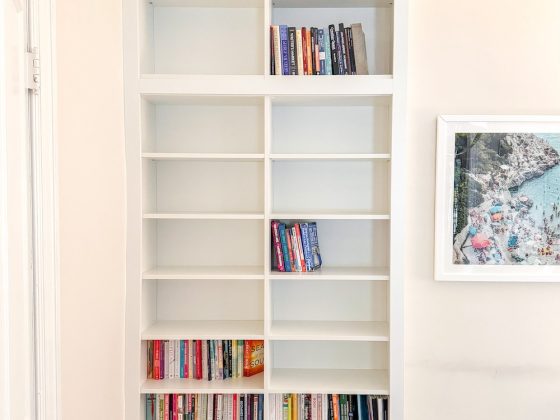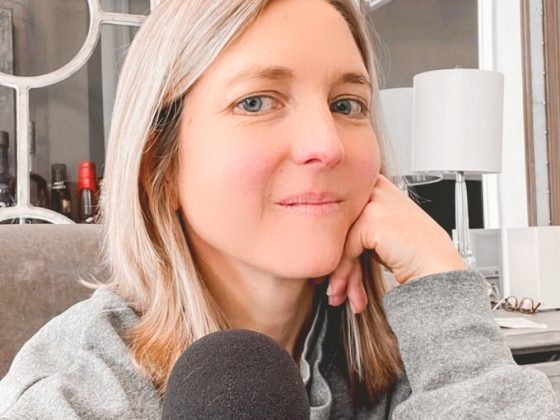If you’re experiencing stress on a regular basis, consider adding meditation to your daily routine. “Meditation is a fantastic way to quiet your mind and ‘recharge’ it, by taking away the pressure to think, or remember, so your brain can calm and reboot,” says Krista-Lynn Landolfi, a mindfulness-based stress reduction instructor. In addition to reducing stress, meditation can also positively impact your physical health and help you remember things better, too. Below, find five lesser known benefits of meditation that’ll optimize your health.
1. Improves Memory
Meditation drives greater focus and self-awareness, which may increase memory and mental clarity, according to UC Davis Health. A 2019 study published in Behavioural Brain Research found that eight weeks of brief, daily meditation improved mood and enhanced attention, working memory, and recognition memory among participants. The results of the research suggest that meditating on a regular basis can help fight age-related memory loss and reduce your risk of dementia.
2. Promotes Greater Sleep
Having trouble getting shuteye at night? The good news is incorporating even a bit of meditation in your daily evening regimen can help improve your sleep, suggests Harvard Health. A 2015 study published in JAMA Internal Medicine found that participants who engaged in mindfulness meditation experienced less insomnia, fatigue, and depression compared to those who didn’t at the end of six weeks. Findings support how meditation invokes our body’s relaxation response that can ease stress and provoke calmness for restful sleep, the authors of the study note.
3. Boosts Immunity
One of the most natural ways to maintain a healthy immune system is to manage your day to day stress. Excess stress can activate your stress response long-term, leading to chronic inflammation and decreased immunity, says Harvard Health. Meditation can help lower stress levels by triggering our body’s relaxation response. Although greater research is needed to establish a clear link in this space, mindfulness meditation has been shown to positively impact markers of inflammation, cell‐mediated immunity, and biological aging, according to a 2016 report published in Advances in Meditation Research,
4. Reduces Blood Pressure
Nearly half of adults in the United States have hypertension, aka high blood pressure, according to the Centers for Disease Control and Prevention (CDC). Luckily, meditation can help bring blood pressure to normal levels and reduce risk of heart disease, says the American Heart Association. A 2018 study published in the Journal of Human Hypertension found that the group of participants who partook in mindfulness meditation had healthier blood pressure levels than the control group over 8 weeks. Even just a couple minutes of meditation per day can be beneficial, the study notes.
5. Decreases Pain
Meditation can help your brain release endorphins, which are brain chemicals that naturally ease pain, according to the Cleveland Clinic. A 2016 study published in the Journal of the American Medical Association (JAMA) found that mindfulness meditation can effectively relieve chronic pain compared to other treatments, such as cognitive behavioral therapy. Meditation has been proven to enhance self-awareness and reduce stress, which can decrease sensitivity to pain. However, more research is needed to clarify an exact relationship between physical pain and mindfulness meditation.
How to Incorporate Meditation in Your Daily Routine
Meditation can be practiced anywhere at any time. “When you wake up, avoid checking messages or emails on your phone. Find a quiet space and do a 5-minute mindful meditation about your resolution and envision yourself creating and doing what you intended. Visualize your happy place and try to keep this image in your mind so that when you get discouraged or frustrated during the day, you can return there. For example, one of my happy places is skiing down the slopes and breathing in the fresh air, so I picture this. We each have a special place or person we can think about,” Dr. Regine Muradian, PsyD, a clinical psychologist, recommends.
If you’re looking for meditation resources to help guide you along the way, download any one of these apps (Insight Timer, Calm, Headspace, Buddhify, Simple Habit) and get started today!

